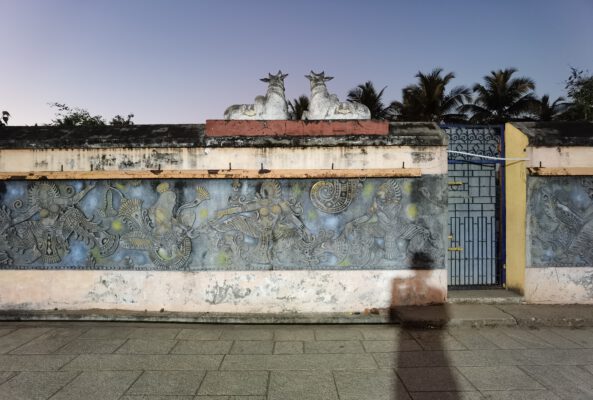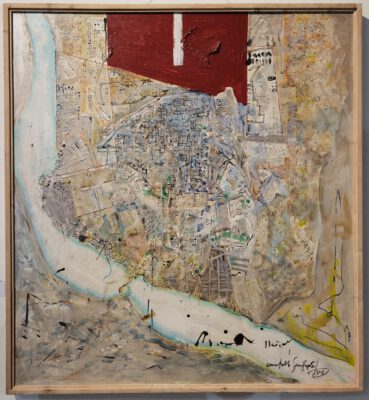Ehere was a time in Europe when it was said that there were universal scholars. In Germany this would be Alexander von Humboldt or Goethe, in France an Enlightenment philosopher, in Italy the Renaissance man Leonardo da Vinci. In antiquity, Aristotle. There are certainly wise people in many cultures and epochs who history tells us knew everything that could have been known at the time.
That's nonsense, of course. But this narrative serves a longing. We want to know everything, but we feel - rightly - that we can't know everything, and we have a romantic longing for a time when this was apparently still possible. It doesn't bother us that knowledge itself was limited - there and then. But it reassures us that it would have seemed possible to know everything. Mount Olympus could be climbed, the mountain on which the tablets of the law would be received. And yet there is already the story of the Tower of Babel.
Tower of Babel
In Babel, people wanted to know everything, they built a tower that was supposed to contain all knowledge. The result was a confusion of languages. Knowledge was divided into many languages. Nobody speaks them all. The Bible describes this as a punishment from God. Arrogance was punished as a warning and man was shown his limits. But if we had not supposedly been punished by God, might we not know everything after all? This is the central question. Would it have been possible in principle? Or will it be possible in the future due to the singularity?
In philosophy, the question of the beginning of knowledge arises. On what foundation can we build knowledge? Logic, ethics, aesthetics? Science is about the great unifying theory that brings the microcosm and macrocosm together. When it comes to the question of human nature, things become quite confusing. Do we want to approach this religiously or spiritually, or perhaps Darwinistically or in terms of information technology? We are completely lost when it comes to our aesthetic thinking. Plurality and media overkill offer a pure sensory overload that we seem to enjoy. Ignorance is bliss.
Driving force
It seems so clear that we can't know everything. So why do we keep trying? What drives us? A longing? Have we really been driven out of paradise and are looking for a way back? Or are we evolutionarily wired in such a way that we can't help ourselves? Does the feeling of knowing a lot give us satisfaction, power or peace of mind? What makes us think that our small brain of just over 1 kilogram, which is quite modest compared to elephants (4 kilograms) or sperm whales (9 kilograms), can decode the universe? Are we perhaps actually in a simulation and reality is not what we think it is? The different varieties of skepticism offer some nice thought experiments here. Maybe my senses are being manipulated from the outside, maybe I am alone in the universe, maybe I haven't even woken up yet and am waiting in an anteroom for the next level...
We follow an achievement mania. If a person has produced something that is new, he or she is celebrated by society. This drives us on. We are fascinated by high performance. We worship them or enter into a competition. Only a few are indifferent to it. Perhaps this is what sets us apart from our intelligent fellow inhabitants on the planet.
We create needs in order to satisfy them: Knowledge, culture, pleasure, sensuality, sociality, power... We strive for more. Buddhism sees this as the root of suffering. The only way to end this suffering is to bring wanting, striving and desire to rest.
Deleuze contrasts this with becoming. Instead of continuing to systematize the world and giving free rein to our pathologies, we can pay attention to what we can become, become different, be instead of have. We are flexible, fluid, moist.
I have the feeling that the Upanishads still have a lot to offer here. Wanting to know everything also contains a longing for unity. In the 20th century, we experienced that there is something very totalitarian about this unity. When was this unity broken? When were we expelled from paradise? Can this be determined historically? Is that an absurd question? Can the fall of man be reversed or dissolved?







